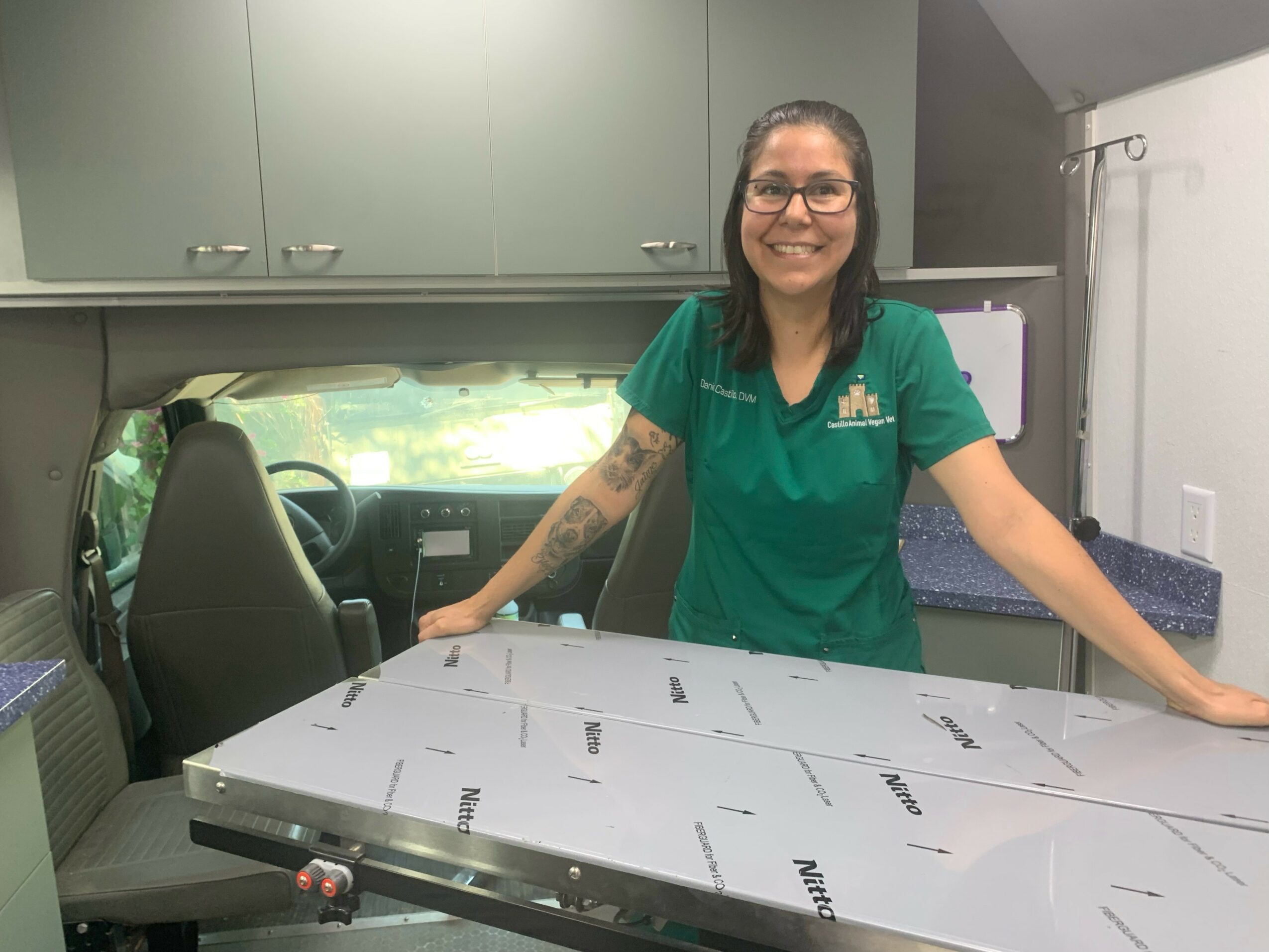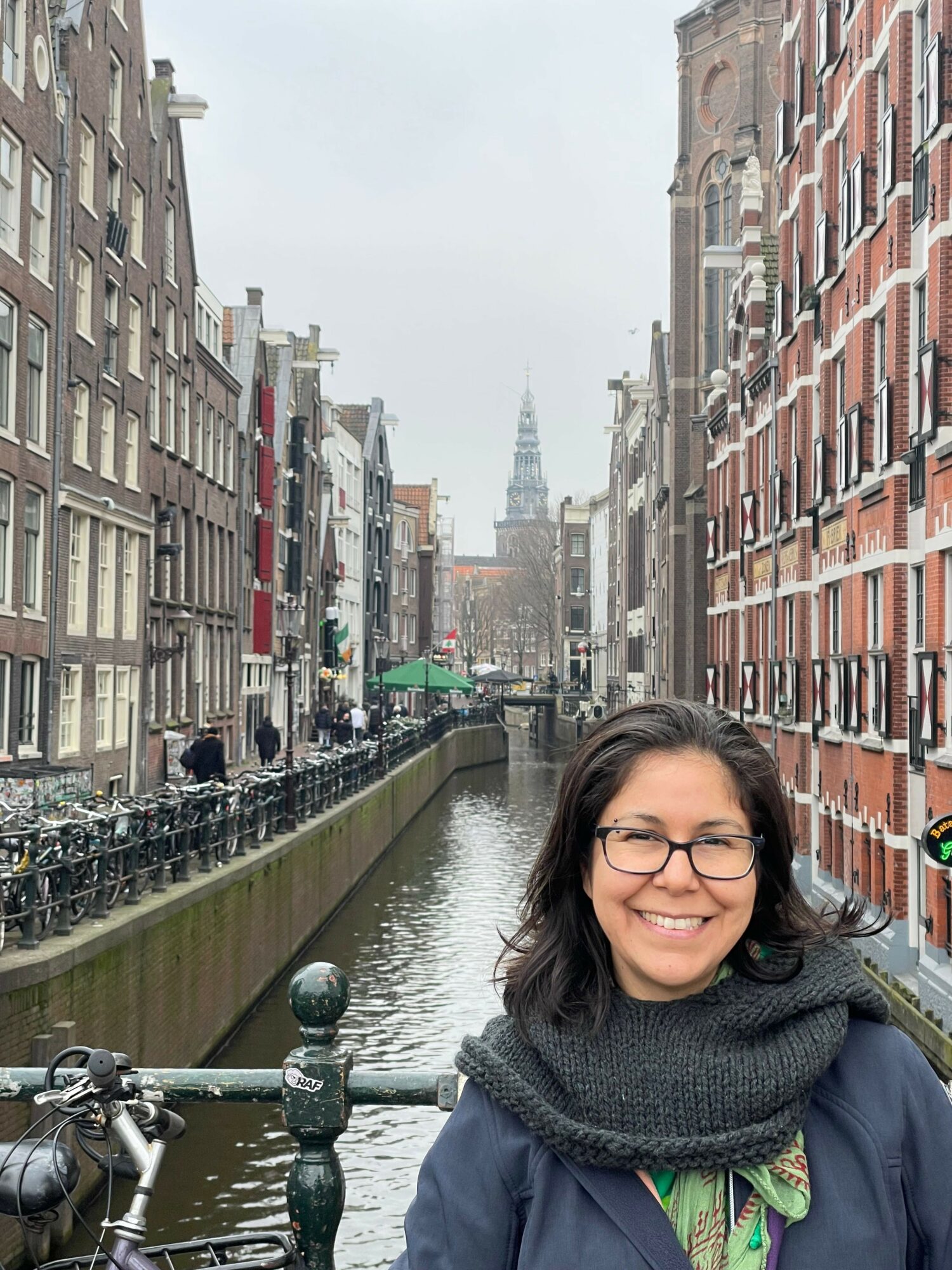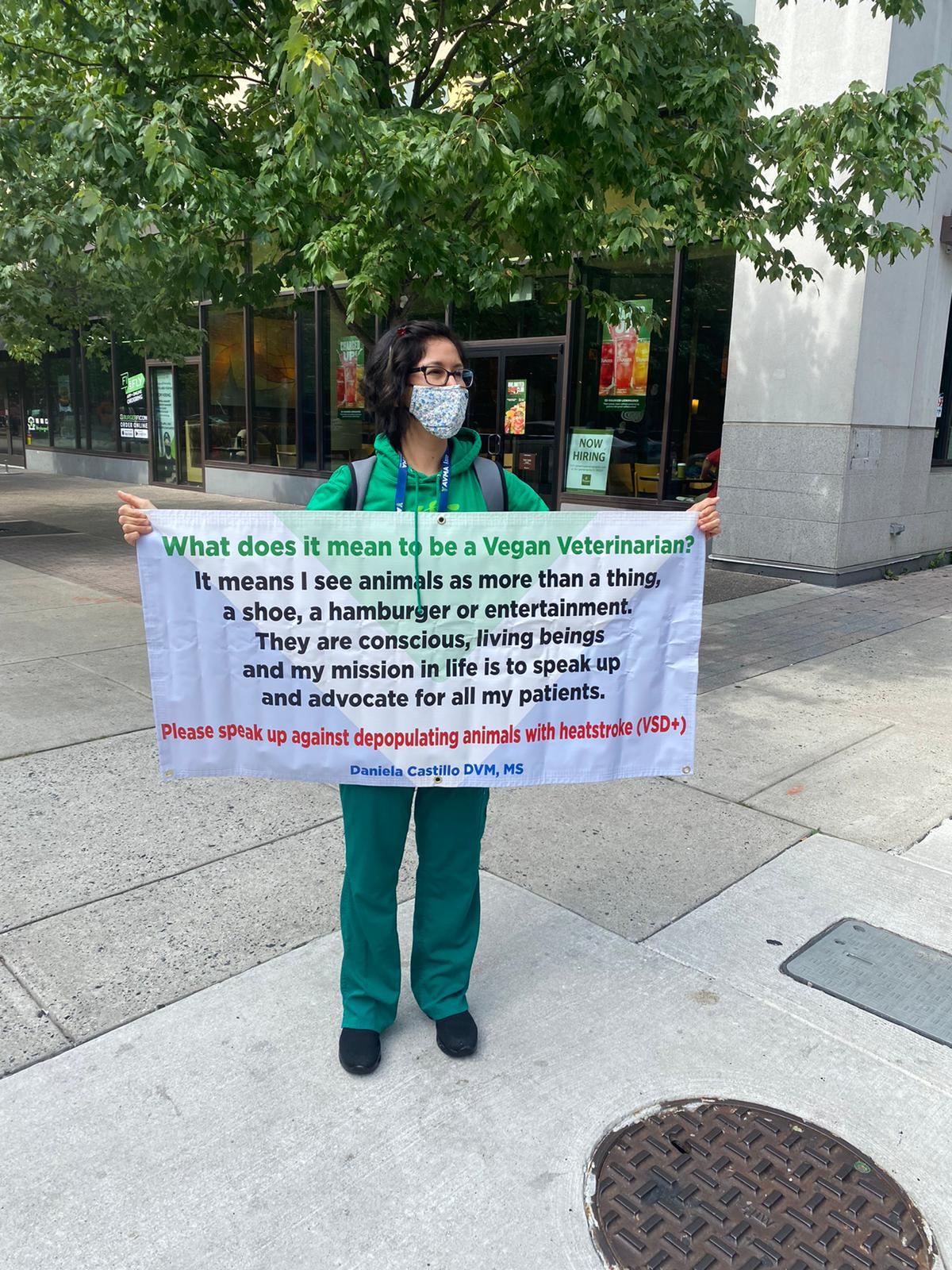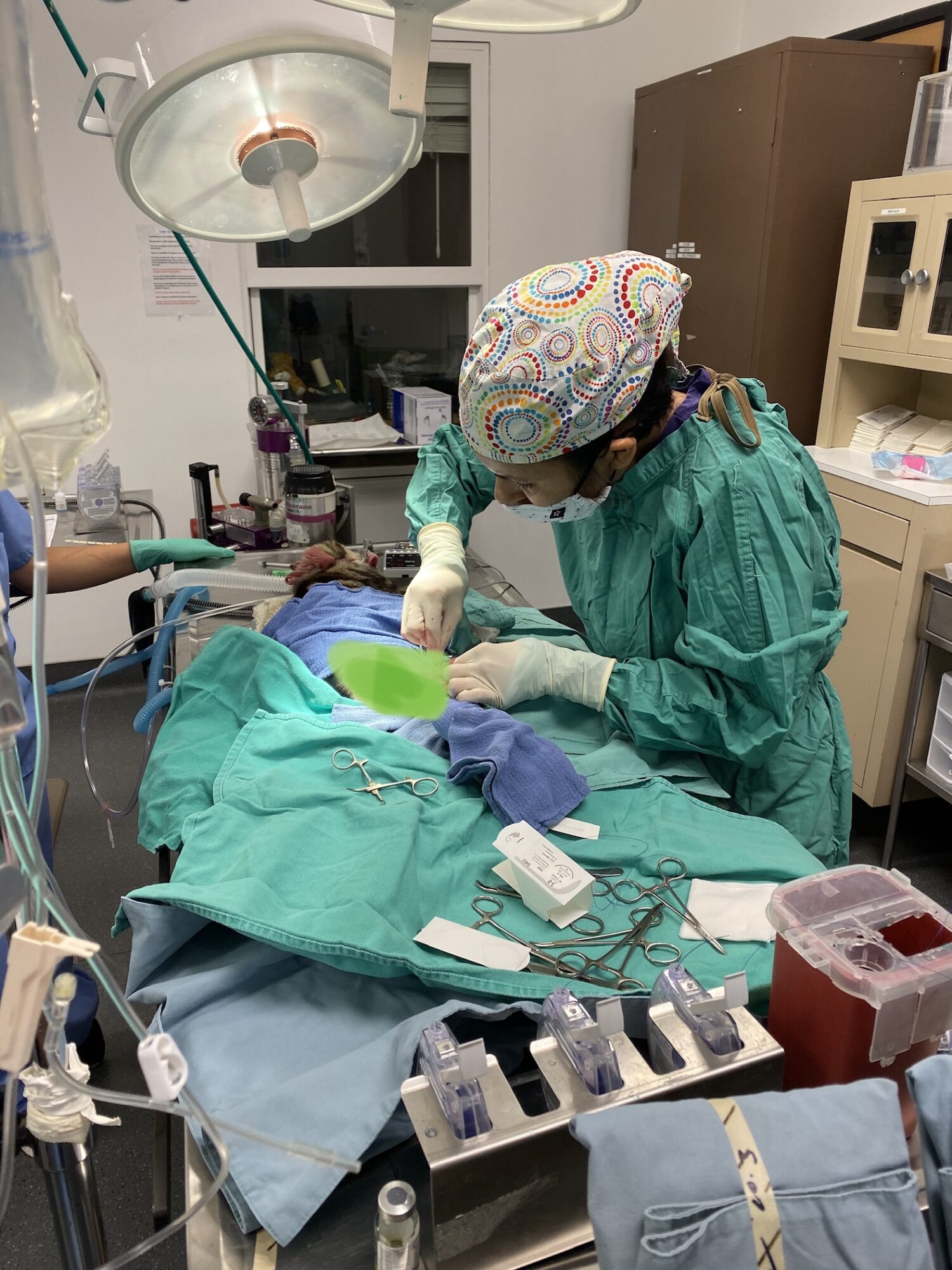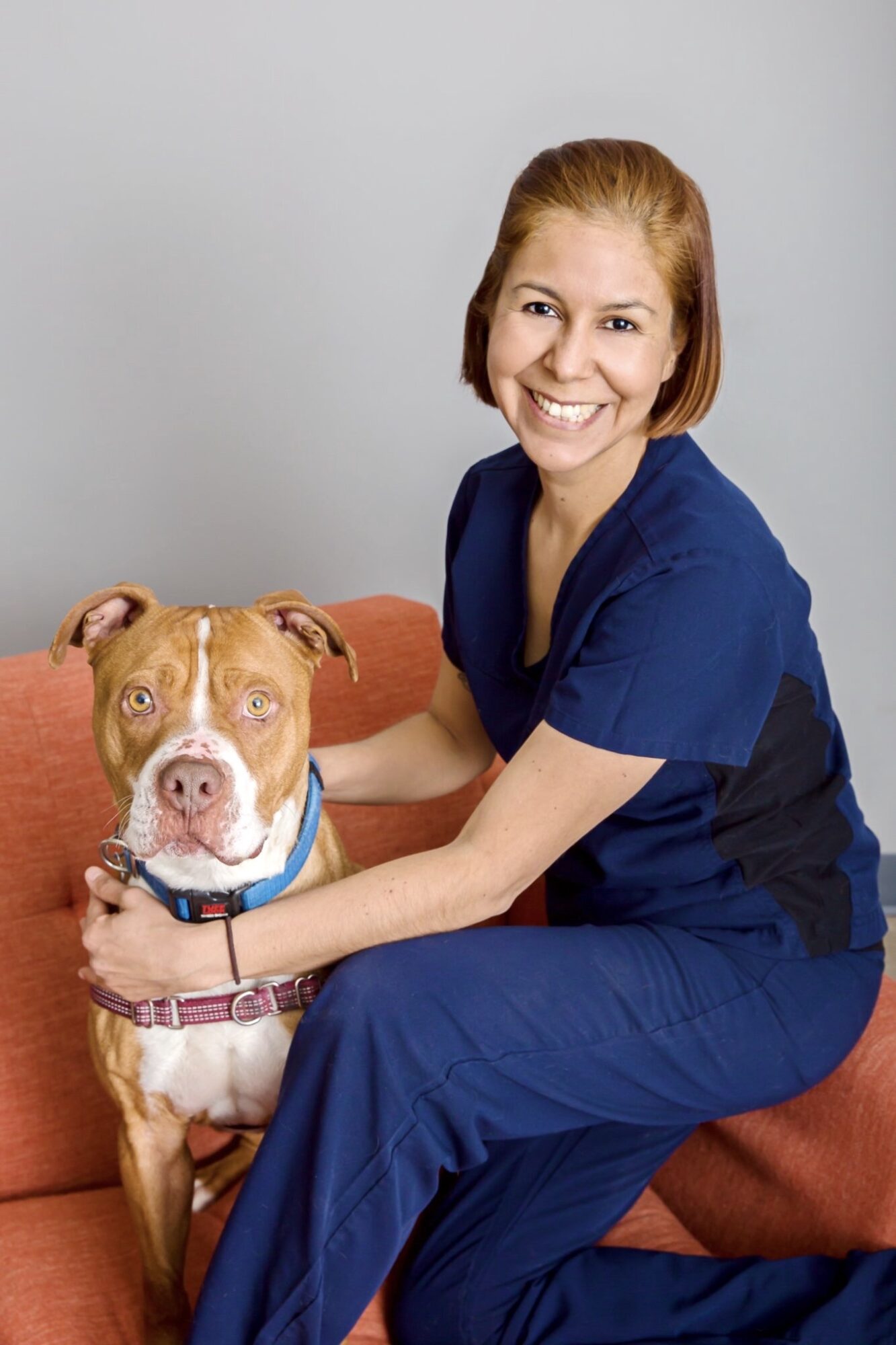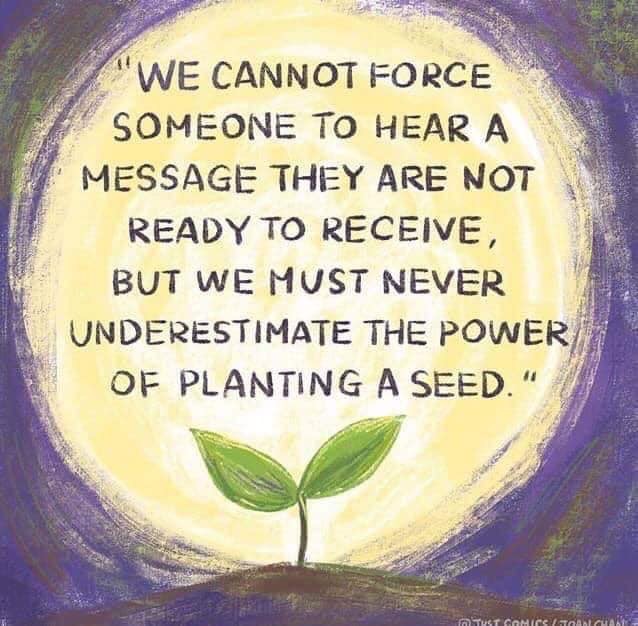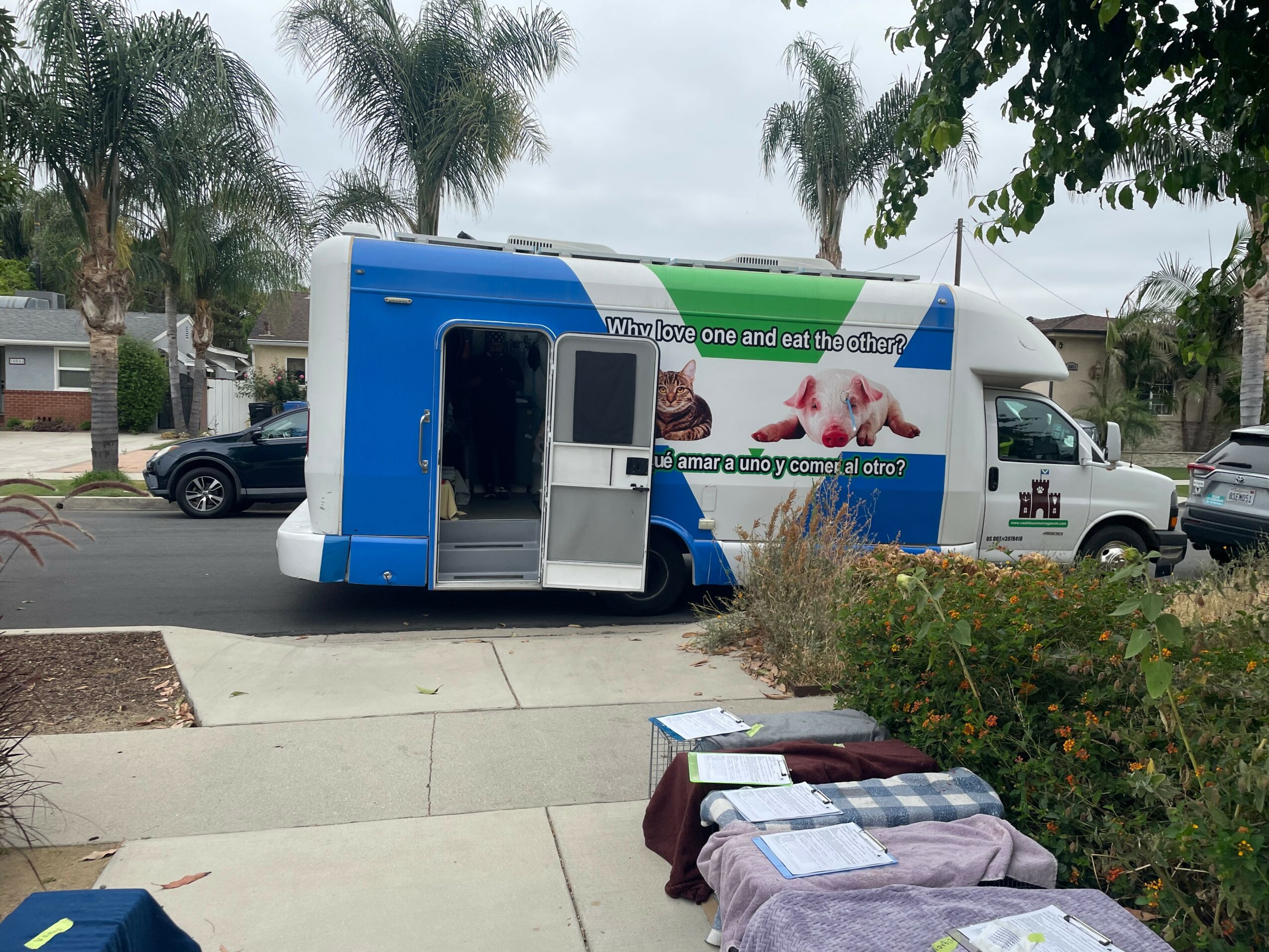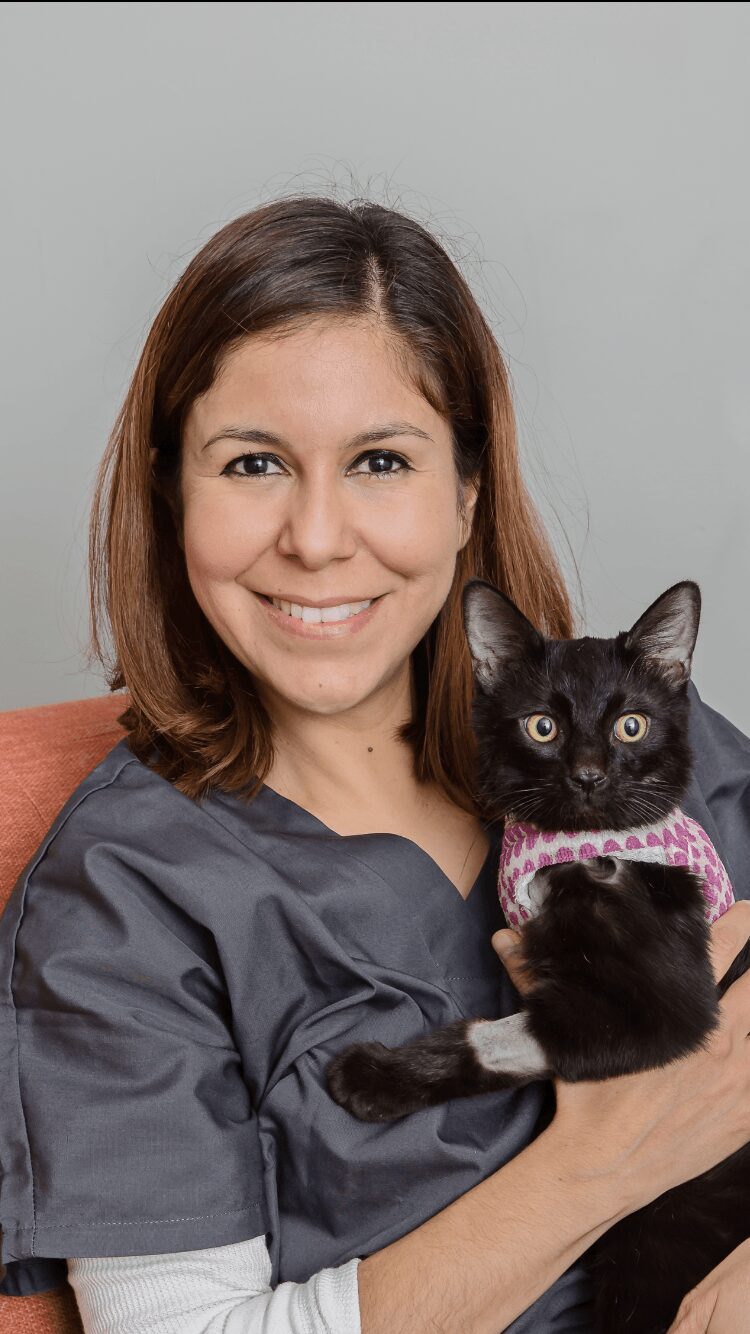

Today we’d like to introduce you to Daniela Castillo.
Hi Daniela, it’s an honor to have you on the platform. Thanks for taking the time to share your story with us – to start maybe you can share some of your backstory with our readers?
I was born and raised in Oaxaca, Mexico, and from a very young age I knew I wanted to be a veterinarian. At 15, I told my parents that I didn’t want to eat any of my future patients, so I became pesco-vegetarian. Years later, after finishing my Master’s degree in Wildlife Conservation in Australia, I went fully vegan—and this December marks almost 15 years of living vegan. For me, it was about aligning my love for animals with my actions, and committing to a life of compassion.
That commitment guided my entire path. I graduated as valedictorian in Veterinary Medicine from Universidad Veracruzana in 2008, and then completed a Master’s in Wildlife Conservation at Macquarie University on a full scholarship from the Mexican government. That experience opened my mind in many ways, especially to how much raising animals for food is destroying habitats and threatening wild species around the world. It gave me an even stronger sense of urgency to use my voice as both a veterinarian and an activist to protect animals of all kinds.
Over the years, I’ve worked in emergency hospitals, corporate private practice, and shelter medicine, and in 2016 I became licensed here in California. One of the most meaningful experiences in my life was directing a wildlife rehabilitation center in Florida, where I witnessed firsthand the struggles wild animals face due to human impact. Those experiences shaped not just my career, but also my identity as an animal rights activist. For me, being a veterinarian has always gone hand in hand with fighting for a more compassionate and just world for animals.
For the last seven years, I’ve specialized in high-quality, high-volume spay and neuter surgery, which eventually inspired me to create my own mobile veterinary surgery service. Through Castillo Animal Vegan Vet & Surgery, I provide spay/neuter and soft tissue surgeries to shelter animals, rescues, farm sanctuary residents, and community cats, as well as house-call care for guardians who need support at home.
Recently, I’ve been especially focused on Trap-Neuter-Return (TNR), because the problem of “feral cats” in Los Angeles is enormous and affects us all. These cats suffer tremendously living outdoors, and their overpopulation also creates serious public health concerns—particularly infestations of fleas and the diseases fleas can transmit to humans. TNR is one of the most humane and effective ways to address this issue, and it’s where I feel my work is making a very real impact both for the cats and for the community.
What drives me every day is the belief that veterinary medicine can be more than just medicine—it can be advocacy. I often say that veterinarians should be the first in line to fight for animal rights—because if not us, then who? My goal is to combine high-quality care with education and activism, to help individual animals while also reducing suffering on a larger scale. Every step of my journey—from Oaxaca to Sydney to Los Angeles—has been about one vision: building a kinder, more compassionate world for animals.
Alright, so let’s dig a little deeper into the story – has it been an easy path overall and if not, what were the challenges you’ve had to overcome?
It definitely hasn’t been a smooth road. Veterinary school in Mexico was incredibly challenging, not only academically but also emotionally. One of the hardest moments for me was when we were required to visit a functioning pig slaughterhouse. I was so traumatized by what I saw that I had to seek psychological therapy. At the time, my therapist told me I had two options: quit veterinary school and find another way to help animals, or “suck it up” and finish if I truly wanted to become a veterinarian. I decided to keep going, even though it meant sacrificing my own feelings of depression and anxiety in the short term. I pushed through and ultimately graduated as valedictorian of my class in 2008.
The challenges didn’t end there. When I came to the United States, I had to go through the rigorous process of veterinary license accreditation as a foreign graduate. Even for someone like me, who has always been a bit of a “nerd” about studying, it was tough. My veterinary school in Mexico was mainly focused on production animals, so I had to teach myself a lot about small animal medicine to succeed here. It was humbling, but it made me a stronger and more well-rounded veterinarian.
Being a Latina woman in this field has also brought its own barriers. At times, I’ve had to work harder to be taken seriously, and I’ve faced bias along the way. But those struggles only strengthened my determination to persevere and to create more opportunities for others who follow a similar path.
On a personal level, I’ve also been navigating some difficulties, but they’ve pushed me to refocus on my mission and the bigger picture: helping animals, supporting their guardians, and advocating for a more compassionate world.
Looking back, none of these struggles were easy, but they’ve all shaped me into the veterinarian and activist I am today. They taught me that being a veterinarian isn’t just about medicine—it’s about resilience, compassion, and the courage to stand up for animals even when the road is tough.
Thanks for sharing that. So, maybe next you can tell us a bit more about your work?
My work focuses on providing accessible, high-quality veterinary care where it’s often needed most. With my mobile surgery truck, I travel to shelters, rescues, sanctuaries, and community cat caregivers to perform spay/neuter and soft tissue surgeries. I also offer house-call services for guardians who prefer care in the comfort of their homes, and I work as a relief veterinarian in different clinics, which allows me to support colleagues and stay connected with a wide variety of cases.
Over the years, I’ve specialized in high-quality, high-volume spay and neuter (HQHVSN). I’ve performed thousands of surgeries, which has given me not only strong technical skills but also the ability to stay calm in critical situations—whether it’s stabilizing a complication or performing CPR. I’m proud of being able to bring that level of expertise into communities where it can make a real difference.
I’m especially proud of my work in Trap-Neuter-Return (TNR). The overpopulation of community cats in Los Angeles is overwhelming—these cats suffer outdoors, and it also creates public health risks like flea infestations and the diseases fleas can spread to humans. By focusing on TNR, I’m helping both the animals and the neighborhoods they live in.
What truly sets me apart is my perspective as a vegan veterinarian and animal rights activist. I bring not only medical skill, but also an ethical commitment that shapes every decision I make. For me, veterinary medicine isn’t just about fixing problems—it’s about preventing suffering, promoting compassion, and advocating for animals on every level.
Can you tell us more about what you were like growing up?
I had a really happy childhood. From as far back as I can remember, I dreamed of becoming a veterinarian, and that goal shaped so much of who I was growing up. Everything else I’ve done—traveling the world, learning English, studying in Australia—has felt like part of that same journey toward becoming the person I wanted to be.
I’ve always loved learning about other cultures. When I was a child, my family used to welcome foreigners from all over the world into our home in Oaxaca while they studied Spanish and learned about our culture. Meeting people from so many different places opened my mind and made me curious about the world. That’s probably why traveling abroad and immersing myself in new places has become one of my favorite things to do.
Personality-wise, I’ve heard people say that bilingual speakers can feel like they have two personalities, and I can definitely relate to that. Growing up speaking Spanish, I was more outgoing and funny. In English, especially when I first moved to the U.S., I felt more reserved. But after 15 years here, my comfort with English has grown so much, and I feel like my “English personality” has finally caught up with my Spanish one. Now, I get to show the same warmth and humor in both languages, which makes me feel more like myself wherever I go.
Contact Info:
- Website: https://www.castilloanimalveganvet.com/
- Instagram: https://www.instagram.com/castilloanimalveganvet/
- Facebook: https://www.facebook.com/Castilloanimalveganvet
- LinkedIn: https://www.linkedin.com/in/daniela-castillo-6798714b/
